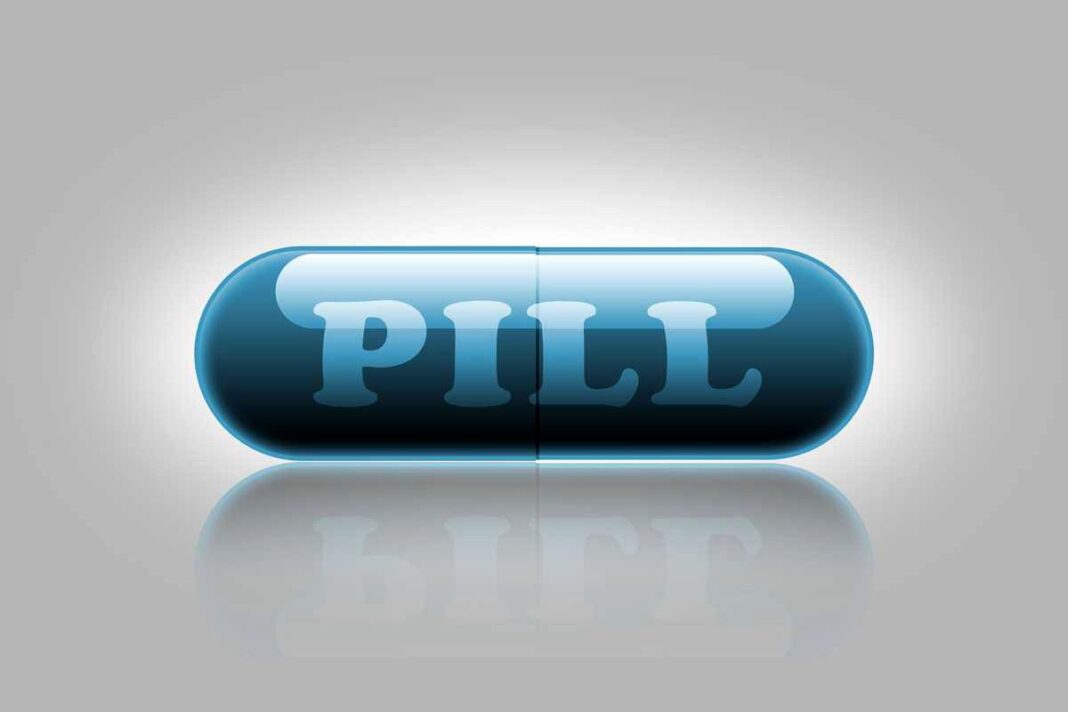Young people are particularly vulnerable to drug content and sales on social media, the agency said.
The Drug Enforcement Administration’s (DEA) Omaha Division is asking parents to talk with children about threats posed by drug dealers on social media and the negative impact of drug use, the agency said in a Sept. 4 statement.
“Families should be engaging in conversations about counterfeit pills, fentanyl, and social media threats more than just once a year,” said DEA Omaha Division Acting Special Agent in Charge Rafael Mattei.
“Let your youngsters know that they can talk with you about what they’re seeing at school or what they’ve been asked to try. We must continue these conversations throughout the year to remind our loved ones of the deadly threat these substances pose.”
Most first-time drug usage by children comes from peer pressure, as part of experimentation, and as a form of rebelling against parents, studies show. Many online actors want to exploit vulnerable young people.
The warning was made as DEA agents from Minnesota removed almost 3 million fentanyl doses from the state in just the first seven months of 2025. Over 100 pounds of cocaine have been seized during this period, while methamphetamine seizures have doubled.
The DEA highlighted that social media plays a significant role in the lives of children and drug dealers take advantage of this demographic.
It recommended parents and caregivers to stress the dangers involved in buying pills online, pointing out that the DEA has seized fentanyl pills resembling prescription medications such as Oxycodone, Xanax, and Adderall.
“Never trust your eyes to determine if a pill is legitimate or counterfeit. The only safe medications are prescribed by a trusted medical professional and dispensed by a licensed pharmacist,” the agency said.
Fentanyl is a highly potent synthetic opioid.
“It only takes a very small dose of fentanyl—two milligrams—to be lethal, such as the amount found on the tip of a pencil,” a November 2024 DEA document states. “Fentanyl is 50x more potent than heroin.”
Lab tests conducted by the agency have found that out of every 10 fake pills containing fentanyl, five carry a potentially fatal dose.








